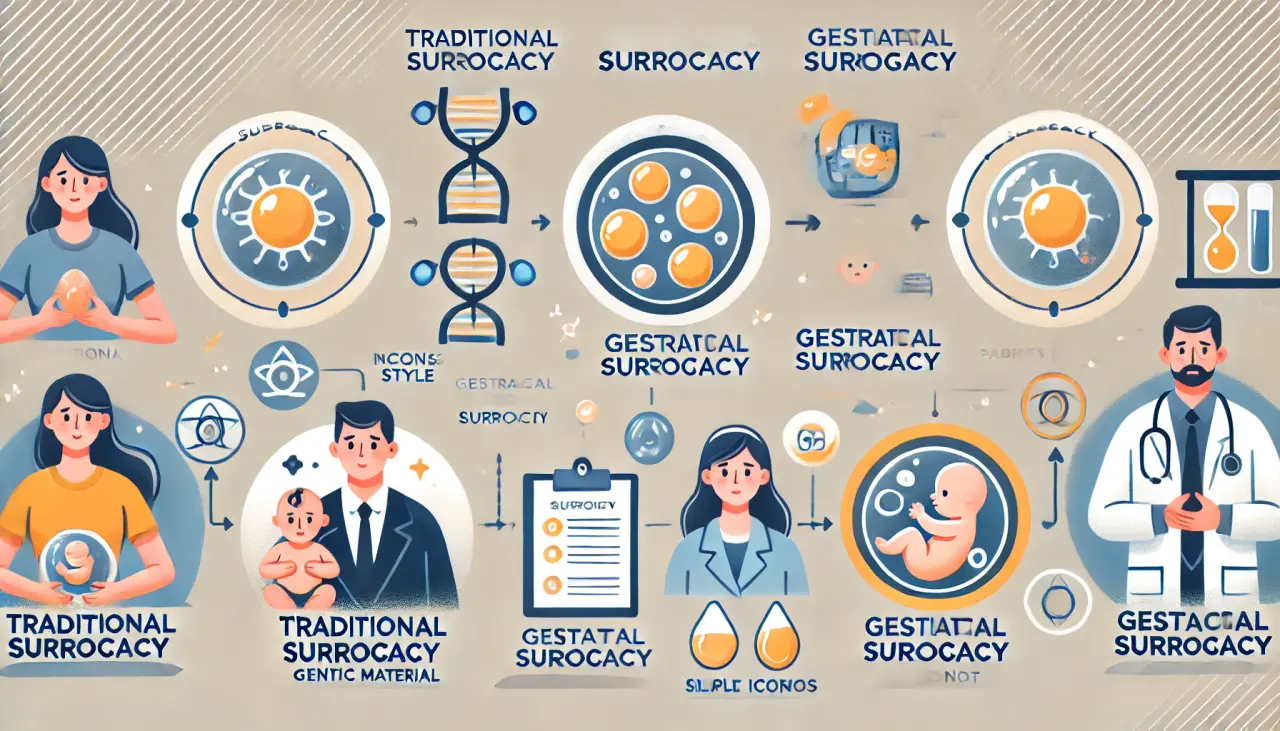
Does a Surrogate Mother Affect a Baby’s Height? Understanding the Impact of a Surrogate on Baby’s Growth
The question of whether a surrogate mother influences a baby’s adult height often arises during discussions about surrogacy. In this article, we’ll explore how surrogacy methods affect fetal development and whether a surrogate mother has any impact on a baby’s future height. While a surrogate mother plays an essential role in the pregnancy, there are several key factors to understand regarding height determination.
1. Does a Surrogate Mother Affect a Baby’s Height?
In surrogacy, the potential for a surrogate mother to influence a baby’s height depends on the type of surrogacy being used. There are two main types of surrogacy: traditional surrogacy and gestational surrogacy. Each method comes with different implications for the baby’s genetic makeup and growth potential.
- Traditional Surrogacy: In traditional surrogacy, the surrogate uses her own eggs to conceive the baby. This means that the surrogate’s genetic contribution could impact the baby’s traits, including height. However, it’s important to note that this scenario is less common in modern surrogacy practices.
- Gestational Surrogacy: In gestational surrogacy, the surrogate carries a baby conceived using the eggs and sperm of the intended parents. As the surrogate mother does not provide the genetic material, she has no direct influence on the baby’s height. The baby’s height is primarily determined by the genetics of the biological parents.
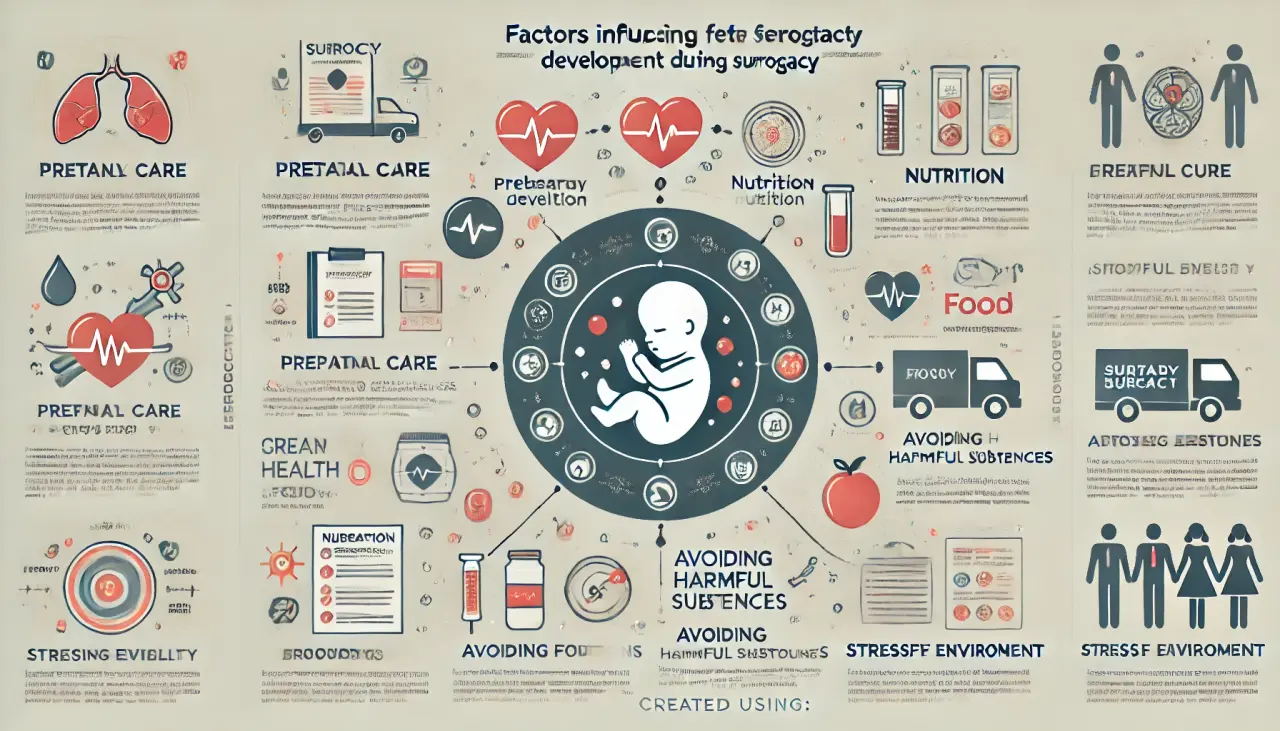
2. The Impact of a Surrogate on the Baby’s Development
While a surrogate mother does not contribute genetically to a baby’s adult height, she plays a significant role in supporting the baby’s development during pregnancy. Factors like the surrogate mother’s health, nutrition, and lifestyle can impact fetal growth in the early stages of pregnancy.
- Prenatal Care and Nutrition: The impact of a surrogate on a baby during pregnancy can affect the baby’s health and development. Proper prenatal care, nutrition, and avoiding harmful substances are vital for ensuring that the baby’s growth is optimal. For example, if a surrogate mother maintains a healthy diet and avoids smoking or alcohol, it can create the best environment for fetal development.
- Health and Environment: Environmental factors, such as stress or exposure to toxins, can impact fetal development. While these factors may affect growth rates during pregnancy, they don’t directly influence long-term traits like height. Height is mostly determined by genetic inheritance from the biological parents.
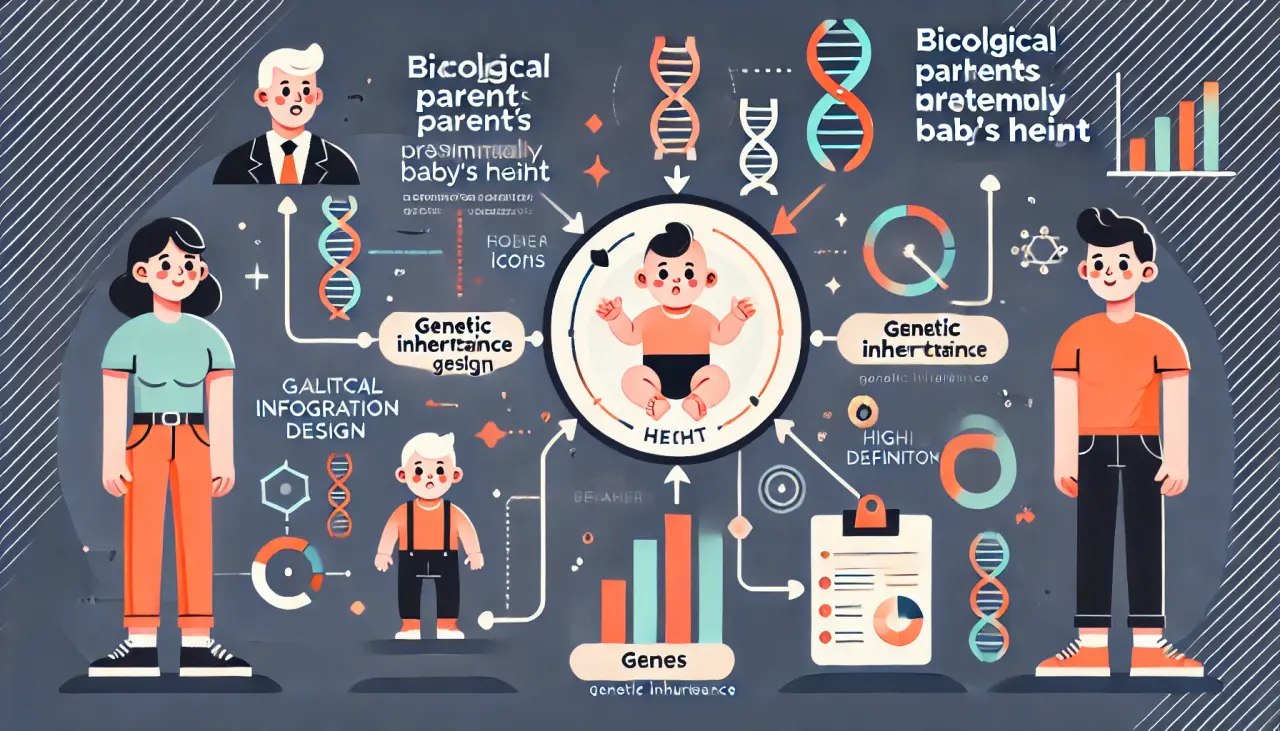
3. Genetic Factors and Adult Height
When it comes to adult height, genetics plays the leading role. A child’s height potential is primarily inherited from their biological parents. Height is determined by the interaction of several genes passed down from both parents. Environmental factors during pregnancy, like the surrogate mother’s nutrition, can influence the baby’s overall growth and health, but not their genetic height potential.
The child’s genetic predisposition for height, inherited from the biological parents, dictates how tall they will eventually grow. So, the surrogate mother‘s height and genetic makeup are not the determining factors in the child’s final adult height.
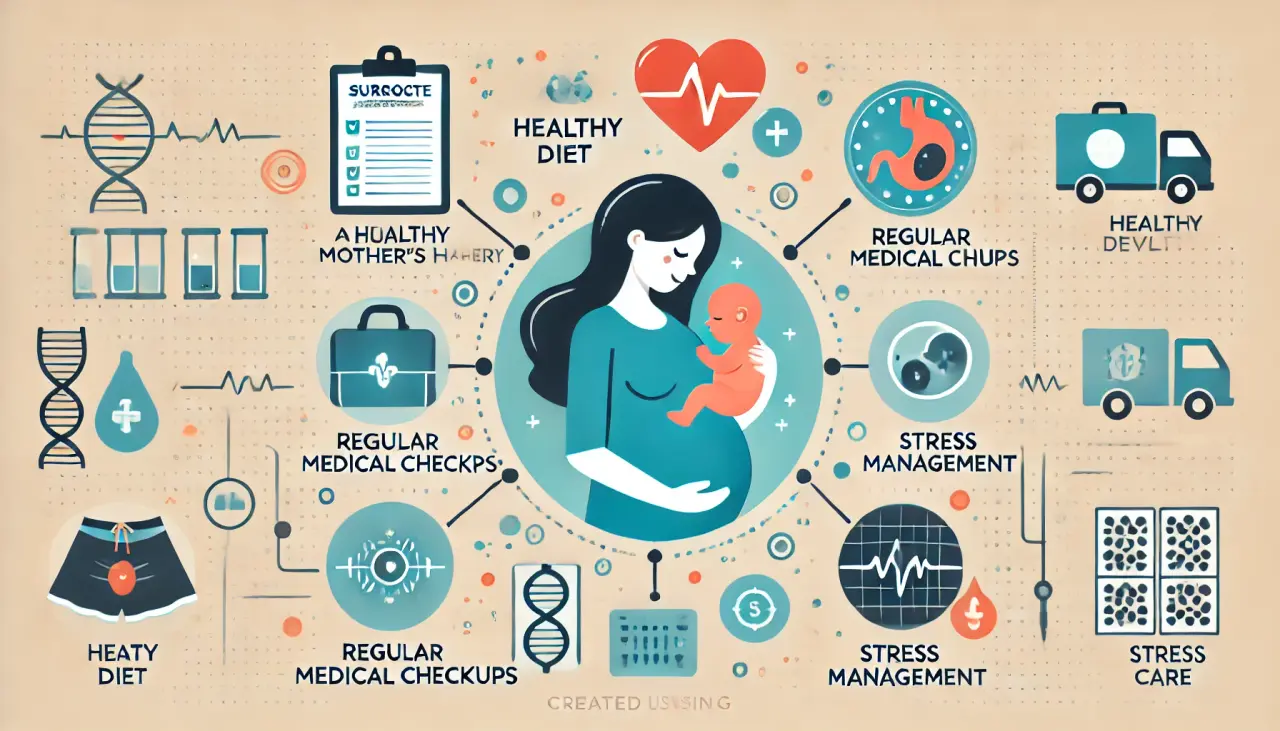
4. Can a Surrogate Mother Affect a Baby’s Physical Traits?
In cases of traditional surrogacy, the surrogate mother does contribute genetically to the child. This means that some of the baby’s physical traits, such as eye color, hair color, and potentially even height, might reflect the surrogate’s genetic inheritance. However, this contribution is limited to traditional surrogacy cases, which are relatively rare.
In gestational surrogacy, the surrogate mother has no genetic relation to the baby, so her physical traits don’t influence the child’s genetic traits in any significant way.
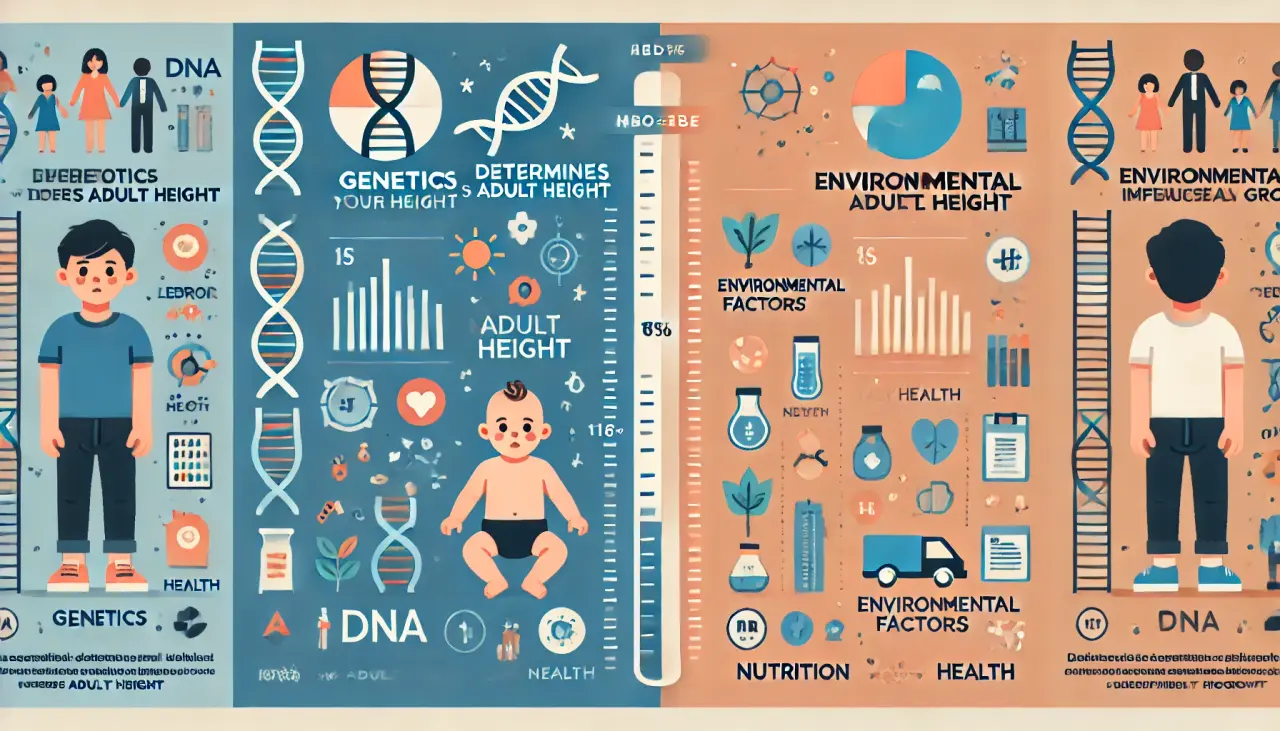
5. Conclusion: Surrogate Mothers and Baby’s Height
In conclusion, while a surrogate mother can have an impact on prenatal conditions, genetics is the primary determinant of a child’s adult height. The biological parents’ genes play a far more significant role than any environmental factors related to the surrogate mother. That said, the health and lifestyle of the surrogate mother are still important in creating a nurturing environment for the baby during pregnancy.
For most cases of gestational surrogacy, where the surrogate does not contribute genetically, the baby’s adult height will be largely determined by the genetics of the intended parents. In traditional surrogacy, the surrogate’s genetic traits may have a minor influence on physical traits, including height.